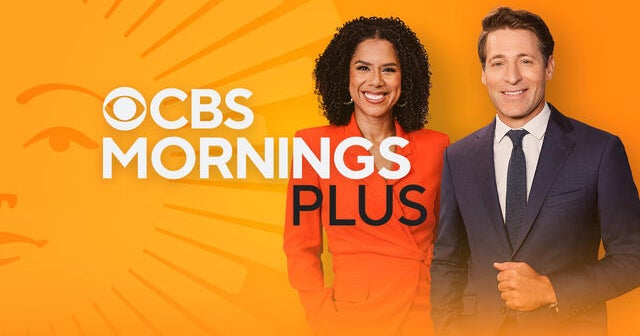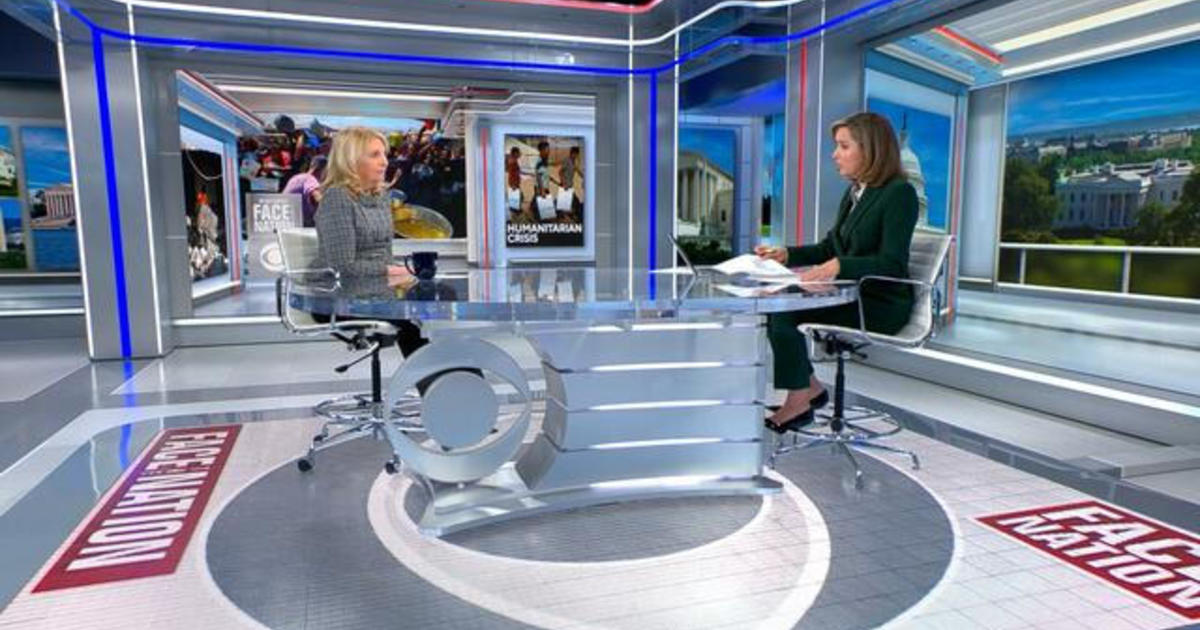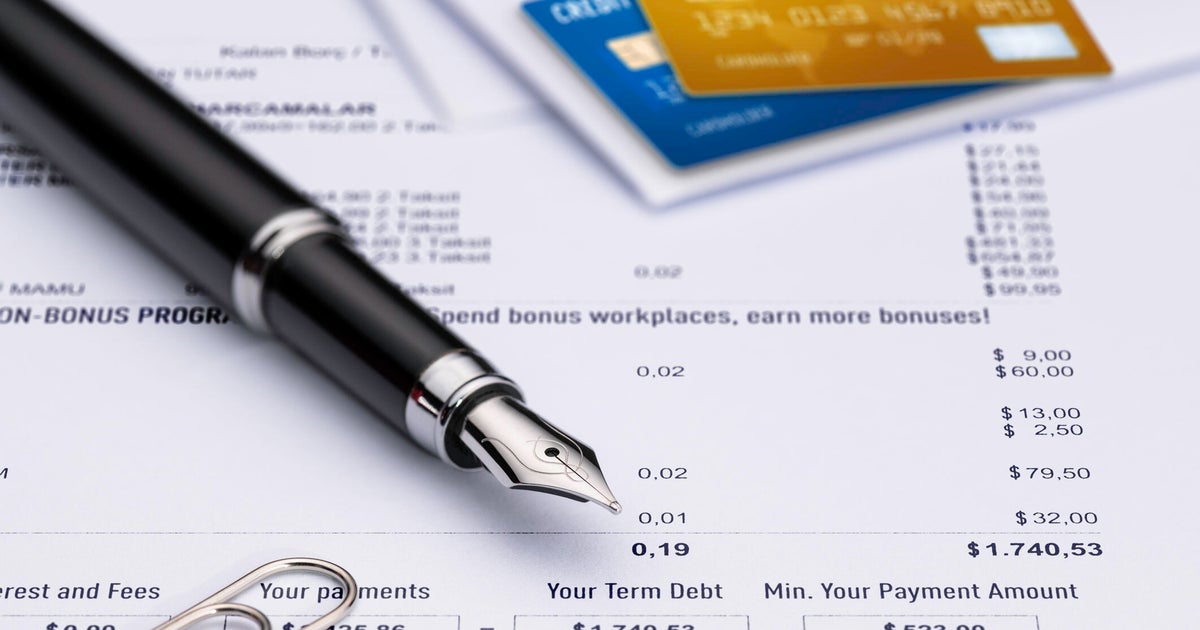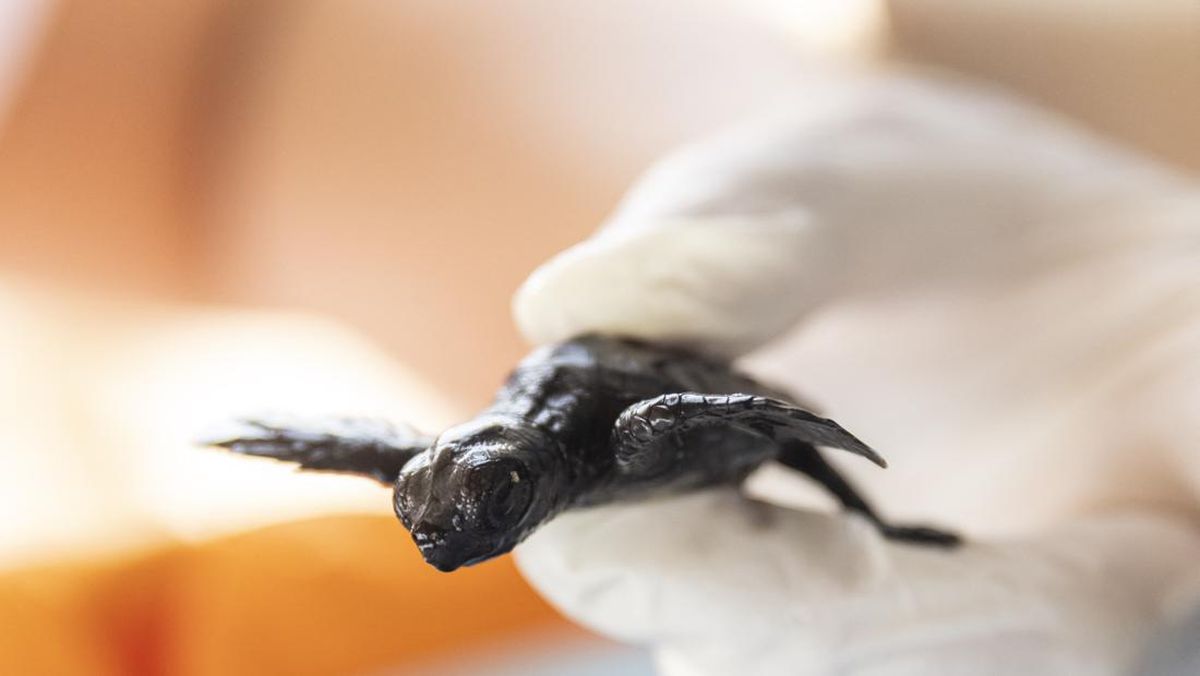I’m just about to get an inheritance. How do I put it in my super?
I’m 58, single and earn $120,000 per year. I’m receiving an inheritance shortly and would like to use it to boost my super in preparation for retirement somewhere in my 60s. I’ve never made any extra super contributions, just what my employer puts in. I know there are limits to what you can put into super. How much will I be able to deposit?
Given your income level, your employer will contribute $13,800 into super over a year. The current limit for this type of contribution (known as concessional) is $30,000, so you have $16,200 unused and therefore available to you.

Using an inheritance for a super boost can be a great move, but mind you don’t exceed your yearly caps.Credit: Louie Douvis
If your superannuation balance is under $500,000 at the beginning of the financial year, you also can make catch-up contributions. These give you the ability to look back over the prior five years and make use of any unused concessional contribution limits.
You can see how much capacity you have for these types of contributions by getting into your MyGov account and going through to the superannuation page.
Catch-up contributions, like the earlier $16,200 top-up that I mentioned, are tax-deductible. When the proceeds arrive in your super fund, they will be taxed at 15 per cent.
For this reason, there’s very little value in getting your taxable income under $45,000. Given your income is $120,000, you therefore would not typically want to make tax-deductible super contributions greater than $75,000 ($120,000 minus $45,000).
Depending on the level of catch up contributions that you have available, you may therefore wish to spread these out over two or three financial years.
The second type of superannuation contributions, known as non-concessional contributions, relate to funds contributed where no tax deduction is claimed. Here the limit is $120,000 per year.
There is also the ability to do three years worth of these non-concessional contributions in a single year if you wish, with you then being precluded from making any further non-concessional contributions in the subsequent two years. This is known as the “bring forward” provisions.
Keep in mind that money you deposit into superannuation will not be accessible until you are over 60 years of age and retired, or reach 65 years of age. Make sure you leave yourself a healthy pool of emergency funds so you are secure through until retirement.
Loading
I’m 43 and currently in the balanced option within my super fund. I didn’t choose this, it is just where I was placed. Should I be changing this given retirement is still a long way away?
Yes, you could consider changing to something a bit more aggressive. An option with a higher allocation to shares and property is likely to produce a higher return over the long term.
You should recognise that the journey will be more of a rollercoaster. Good years will be better, bad years worse. Fortunately, there are far more good years than bad so in terms of maximising your ultimate retirement benefit, being more aggressive at this stage of life does make sense.
Just be aware of the extra volatility that you will now be taking on. The best way to manage this is to just not look at your balance very often. Once or twice a year should be enough.
While you are in there, take a look at what insurance you hold, and consider whether it is suitable for your circumstances. Insurance doesn’t come for free, so it’s important to only hold what makes sense for you.
Paul Benson is a Certified Financial Planner at Guidance Financial Services. He hosts the Financial Autonomy podcast. Questions to: [email protected]
- Advice given in this article is general in nature and is not intended to influence readers’ decisions about investing or financial products. They should always seek their own professional advice that takes into account their own personal circumstances before making any financial decisions.
Expert tips on how to save, invest and make the most of your money delivered to your inbox every Sunday. Sign up for our Real Money newsletter.
Most Viewed in Money
Loading


















































